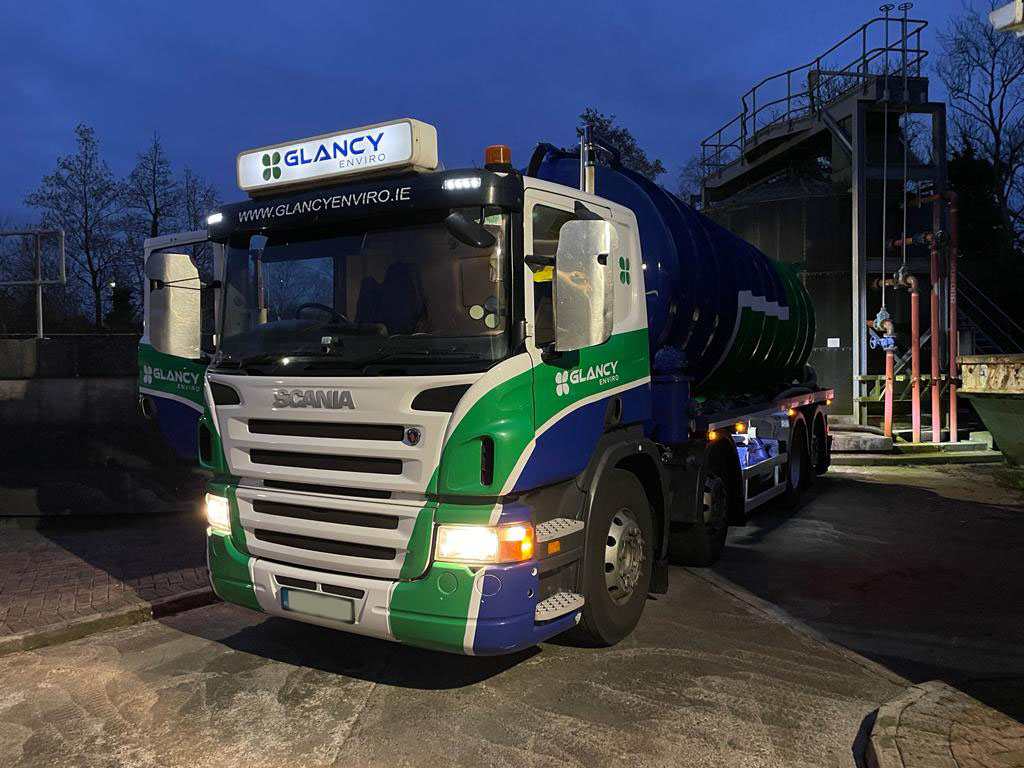All about Reclaim Waste
All about Reclaim Waste
Blog Article
The Best Guide To Reclaim Waste
Table of ContentsExcitement About Reclaim WasteFacts About Reclaim Waste UncoveredSome Known Details About Reclaim Waste The 10-Second Trick For Reclaim WasteThe Reclaim Waste Ideas
Through correct liquid waste management, business can reduce energy-intensive therapy procedures and disposal prices. They additionally reach save resources and assign them in various other appropriate processes. There are various regulations that safeguard public health and the atmosphere. By adhering to a system for handling fluid waste, firms can prevent pricey penalties and charges and prevent unfavorable attention.(https://medium.com/@leonaube33101/about)Collect depictive examples from various factors within the waste stream to guarantee accuracy. Liquid waste, particularly dangerous ones, poses substantial threats throughout this action.

Disinfection (e.g., chlorination, ultraviolet light, ozonation) and nutrient elimination (e.g., denitrification and phosphorus elimination) are suggested under stringent guidelines. Many business violated numerous fluid waste disposal policies in current years.
The Basic Principles Of Reclaim Waste

Superficial basins contain fluid waste that is permitted to vaporize through natural processes. This kind of disposal is subject to rigorous environmental laws due to potentially unsafe discharges.
The findings ought to be recorded, evaluated, and kept not simply for entry to governing authorities yet also for making improvements in the future. Share info with appropriate stakeholders (e.g., workers, regulatory government agencies, and nearby neighborhoods) to preserve transparency and responsibility.
No matter of the firm dimension or sector, there are many obstacles connected with this job. Recognizing these can aid them properly handle their procedures and minimize their ecological influence. makes it tough to deal with and dispose of liquid waste securely. Firms that can not purchase facilities need to take into consideration teaming up with the general public market for much better options.
The Ultimate Guide To Reclaim Waste
By applying extensive monitoring systems that consist of therapy and recycling techniques, normal tracking, threat evaluations, and adherence to regional and government regulations, industrial centers can add to the defense of groundwater supplies, ensuring their schedule for future generations (industrial wastewater treatment). Let's dive right into the relevance of reliable fluid waste administration in the commercial sector, concentrating on its effects for protecting groundwater sources
The air pollution of groundwater sources as a result of improper liquid waste monitoring in the commercial sector has far-ranging repercussions for human health, agriculture, and the environment all at once. Several of the potential effects brought on by such contamination include: Polluted Alcohol consumption Water Supplies: As groundwater supplies a significant part of our alcohol consumption water, air pollution from industrial activities can result in unsafe chemicals and bacteria entering our water systems, posing health and wellness threats for human beings.
Lowered Agricultural linked here Performance: Farming counts greatly on groundwater for watering; for that reason, polluted water can impede plant yields, infect farming products, and impact food safety and security. Provided the relevance of protecting groundwater sources, it is vital for organizations to take an aggressive position in handling their fluid waste responsibly and preventing pollution.
The Ultimate Guide To Reclaim Waste
Liquid waste can pollute land and pollute waters. Under the Defense of the Environment Procedures Act 1997, businesses that generate liquid waste are called for to manage it in a manner that protects the setting and the area. Details about managing and storing liquid waste, reacting to spills and reducing fluid waste is available in the adhering to fact sheets and advice:.
The role of waste management experts in securing this precious source can not be overstated. Polluted water and polluted effluent monitoring: Making certain that harmful fluids are safely gotten rid of and treated before they can hurt our water resources.
Hence, incorporating lasting liquid waste monitoring right into financial planning boosts financial stability and protects the atmosphere, demonstrating the worth of this strategy. In conclusion, taking on expert liquid waste monitoring practices is critical for guaranteeing a lasting future, safeguarding our setting and securing the wellness of future generations.
When it comes to getting rid of waste, adhering to proper procedures is important for a wide variety of reasons. Proper garbage disposal is not simply about tidiness; it has to do with guaranteeing the well-being of our environment, health and wellness, and the effective use resources. Comprehending the value of effective waste administration can assist us all add to a healthier, cleaner world.
The 2-Minute Rule for Reclaim Waste
Reliable waste monitoring helps keep clean streets and public areas, minimizing the aesthetic impact of clutter and ensuring that waste does not harm wild animals. When waste is not gotten rid of properly, it can cause air pollution, where damaging materials can seep into the soil, water systems, and the air, producing long-term environmental issues.
Report this page